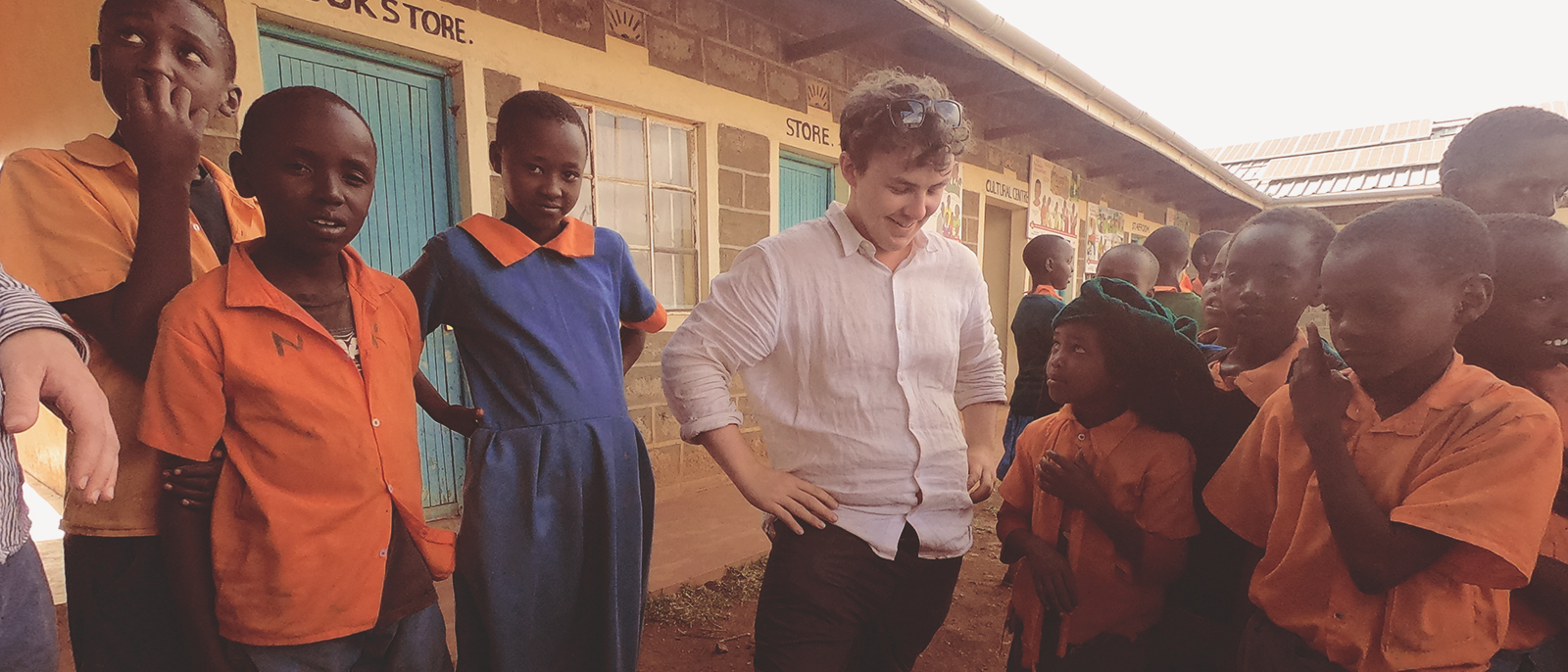“A Gap Year is a young-adults only opportunity to experience the world in freedom.”
- Charlie Hall, John Hall Venice
Hear the words ‘gap year’ from a sixth-form student, what springs to mind? Pictures of partying and precarious activities. Practising the art of getting into and out of trouble. A year of parental angst. The list goes on!
What if there were experiences created to fill young minds with a sense of adventure, freedom AND purpose? There are. But like most forms of education, a safe and meaningful gap travel experience will come with a price tag.
It is important to spot the difference between expense and value for money. We have reached out to five ethical Gap Year Travel companies to find out where the cost goes.
Florence Midwood (myself), founder of Culsans Gap Travel
“A purposeful gap year is your opportunity to grow while impacting the lives of others. If done correctly, your efforts will remain far beyond the length of your stay.
Through fair pay, we enable our partners to maintain high ethical standards. Our suppliers are able to adhere to correct safety procedures and cut out middle-men.
This ensures suppliers are rewarded for their hard work and the income goes back into the community, helping its development.
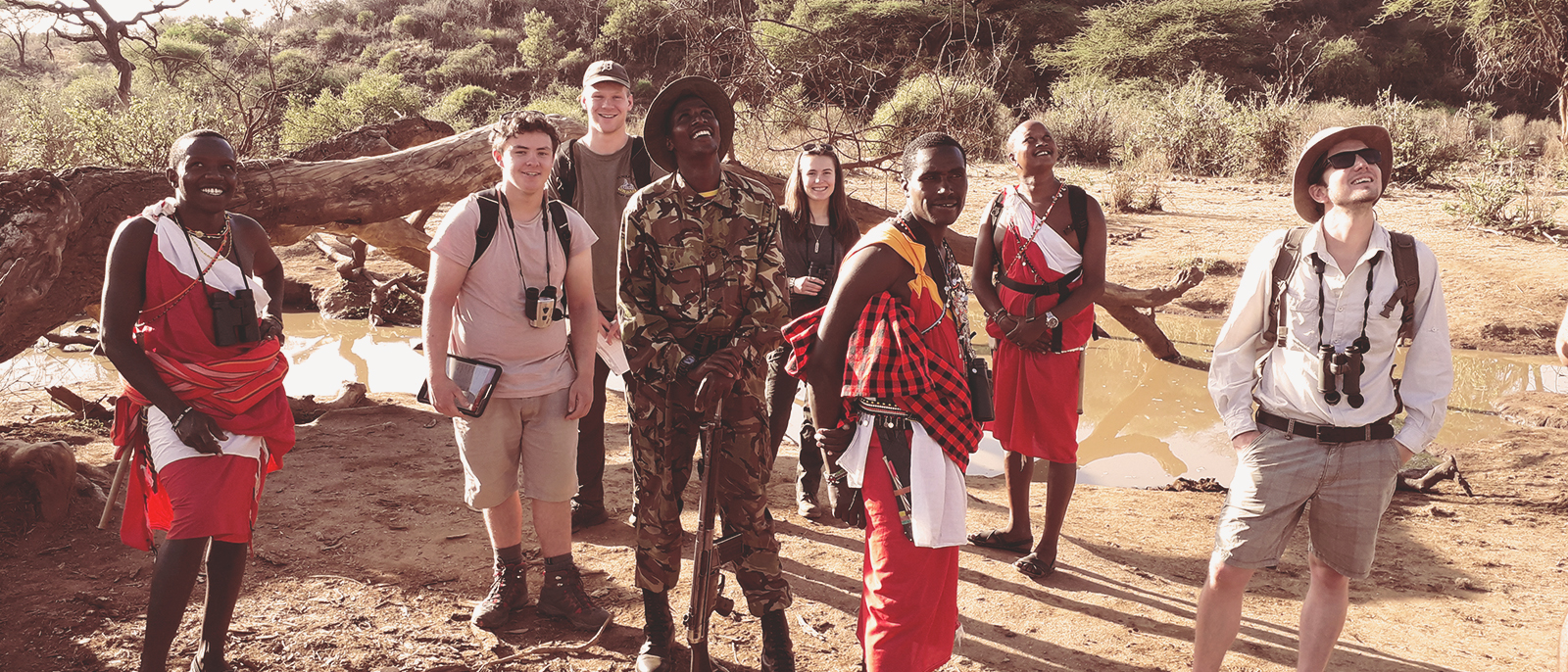
You will complete your trip with life experience and meaningful CV accomplishments. On top of this you will have new friends and a community to return to.
Like any company, if we were to reduce the amount of money that we put into our trips, something important has to give. I set up Culsans Gap Travel to fill a gap in the market for a unique, meaningful travel experience. To benefit the local Kenyan communities and attendees alike. Something for parents who fear that their child is about to waste their year. This is the price tag that comes with their ability to have and provide a lifelong and worthwhile impact, safely.
As a small company, I am currently able to mentor each student after trips to help them with their CV, partner them with work experience and more. This level of care as well as the community you become a part of are the added benefits that are not built into our costs.”
See a chart below of the Culsans cost breakdown for our Jan 2022 8 week trip with 10 students.
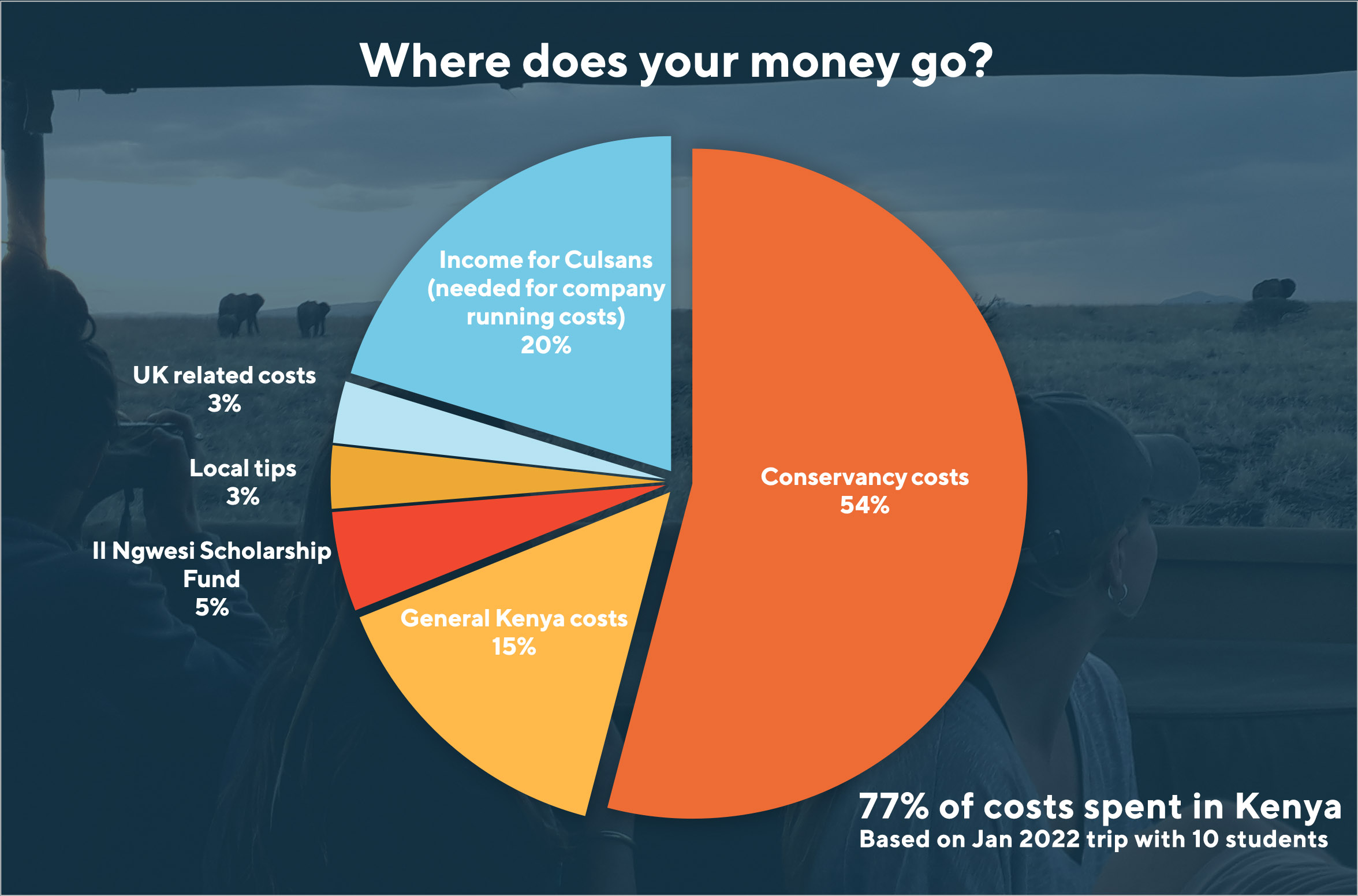
Charlotte Dawson, from Ski Le Gap
“We feel strongly about delivering a comprehensive service with a high duty of care and this comes at a cost.
If you want to partake in an authentic, quality programme with a safety blanket of experienced staff on hand, you will have to expect to pay.
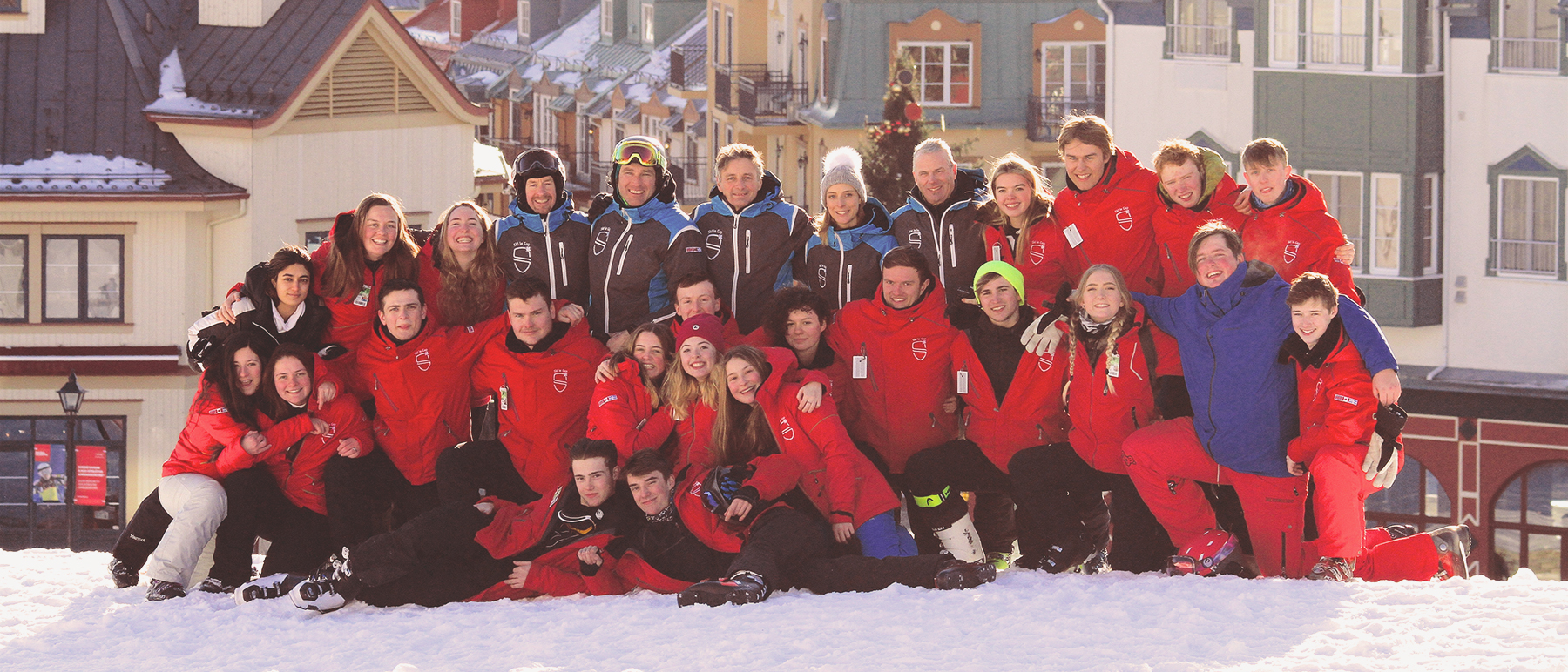
There are lots of ski instructor courses, some with much cheaper course prices than ours but you really need to ask questions as to what is included. We would recommend speaking to gap year providers in-depth, whatever experience you are interested in.”
Charlie Hall, John Venice Hall
“The gap year is an incredible opportunity for students to reboot their systems. Gap year students often feel that they enter university life with a more mature outlook. This is the ONLY time that a person will be able to live without financial responsibilities and as (young) adults. Once university begins, they will be under a certain amount of pressure to get good grades. When they finally graduate they will (mostly) be burdened with debt. The gap year is their only opportunity to experience the world in freedom.
Our programme costs what it does because of the staggering quality of what we offer. If we reduce the price of our course, it would become more general.
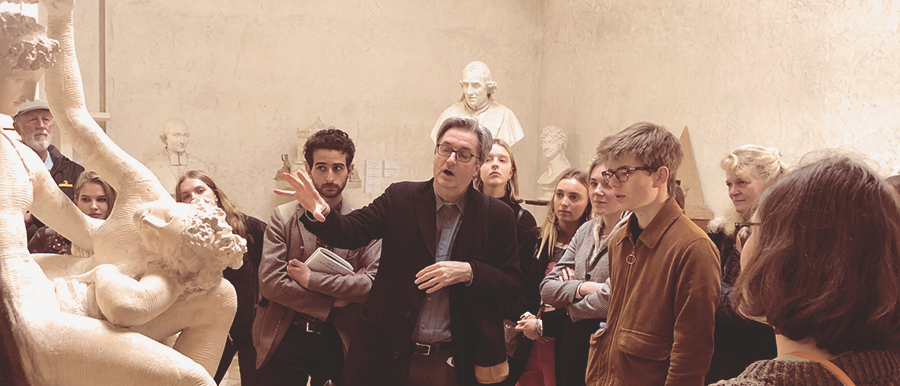
The long-term aim of the course is to lay cultural foundations. This is a lifelong investment that is highly regarded in many university departments. Our programme gives students a preview of a university-style of studying. Our referees make it clear that the course has a serious reputation.
In the art world, alumni include specialists at Christie’s and Sotheby’s, several directors of commercial galleries, the International Head of Old Master Paintings at Christie’s New York, the Professor of Renaissance Art at the Courtauld Institute London University, and the Director of the National Gallery, London.”
Francesca Trotman, Love the Oceans
There is nothing wrong with paying a fair price for a valuable experience. The organisation you choose must be able to have a sustainable financial structure to ensure it exists for years to come.
Whilst it is understandable that parents want to send their children to larger, older, organisations, being large and old does not mean that they’re operating at best practice. The thing about the volunteering industry is that, because it’s so new, it’s still evolving, people are learning new best practices every day. Honestly, sometimes the smaller, newer organisations are better at adapting. They have smaller governing bodies and it’s easier to make changes.
Some international volunteering companies use ‘host’ (local) families. They pay them a tiny fraction of what they’re charging you, keeping the majority of the volunteering fee for themselves. You can end up paying upwards of £3000 to stay in a hut without running water and electricity.
So you need to ask yourself, 'where is my money really going?'
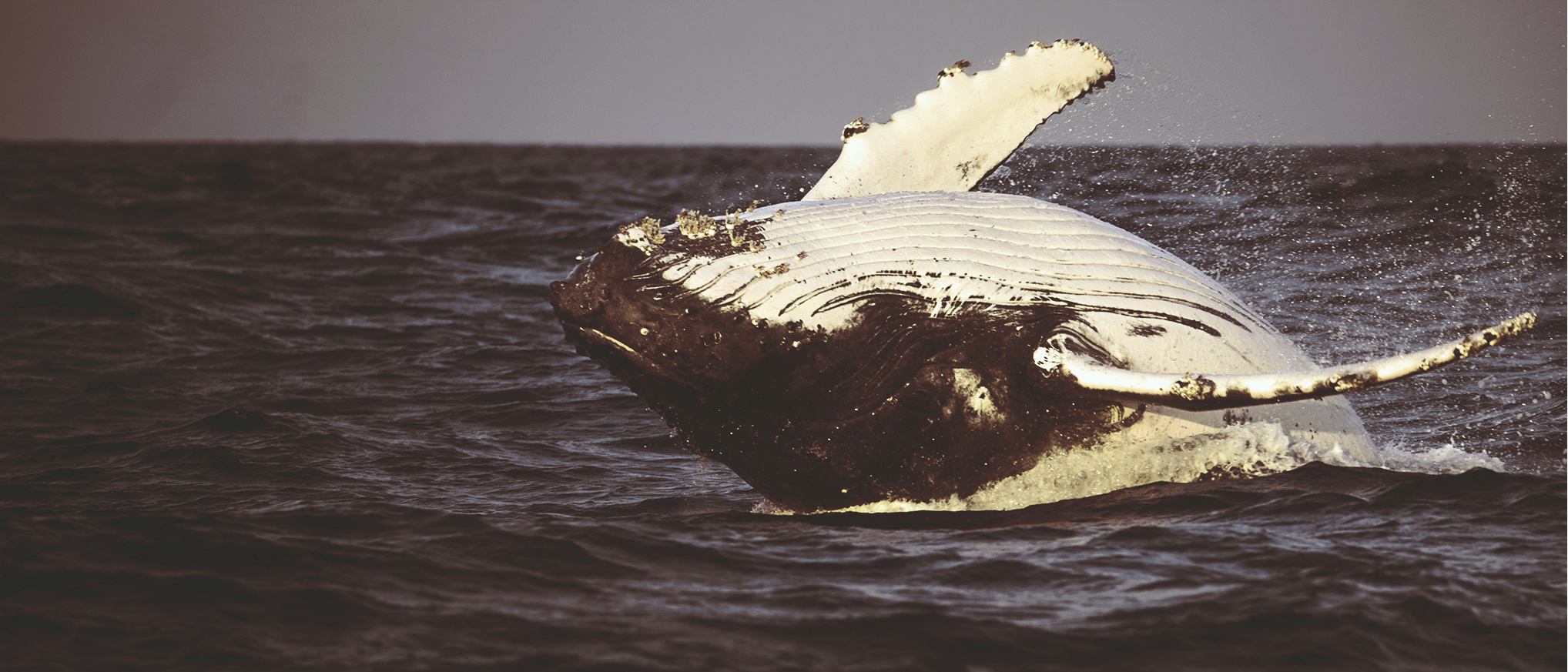
You should ask the organisation for a full breakdown of your fee. Find out how much goes into salaries of staff, how much goes to the local community and how much goes to covering your costs. About half (if not more) of what you’re paying should go directly to covering your costs and/or into a local project.
Our Founder, Francesca Trotman, was a student when she founded Love The Oceans. She designed the programs to be as cost-efficient as possible without compromising quality. Love The Oceans provide crucial field training that supplements university degree curriculum. LTO is recognised as a valuable academic resource, we partner with universities around the world.
When comparing prices of programs, make sure you ask:
- How long is the program?
- Are all meals, accommodation & activities included?
- What training do you get?
- Are the people who are training you qualified in that field?
- Is there support in place/an alumni network post the programme?
- What experience do you get?
- Are airport transfers provided?
- Do you have 24hr support in-country?
- Are there health and safety policies in place?
At the end of the day, the only thing that is important is that you are comfortable with the organisation you choose and you feel their morals match your own.
Andy Hunt, Flying Fish
“There is no getting around the fact that a gap year will cost money. Whether it is the initial outlay to get a qualification to find work, or the normal backpacking and buying flights, a gap year will cost. If you're smart and find the right type of work, a gap could be a great way to travel and actually earn money at the same time!
In the watersports industry, paying for qualifications is a mandatory and essential stepping stone to becoming a seasonaire. You need this if you want to end up working on the beach or on superyachts. If you would like to become a Windsurfing Instructor, you need to have the correct qualifications. This includes First Aid and Powerboat Level 2 certificates. Qualifications can be done in a matter of weeks. After you gain these qualifications you can find work and have the ultimate season working abroad!
98% of our Flying Fish students find work after their course with us.

Most of our students go on to teach watersports in Greece, work on Superyachts in the Mediterranean, Carribean or become Yachtmasters in Sydney. ”
At Culsans, we firmly believe that a purposeful gap year provides the opportunity to increase financial awareness. We have put together a guide to encourage students to contribute to the costs of their travels. We welcome calls and questions, so please do contact me if there is anything else you would like to know.
+44 7595 316 919
florence@culsansgaptravel.co.uk


